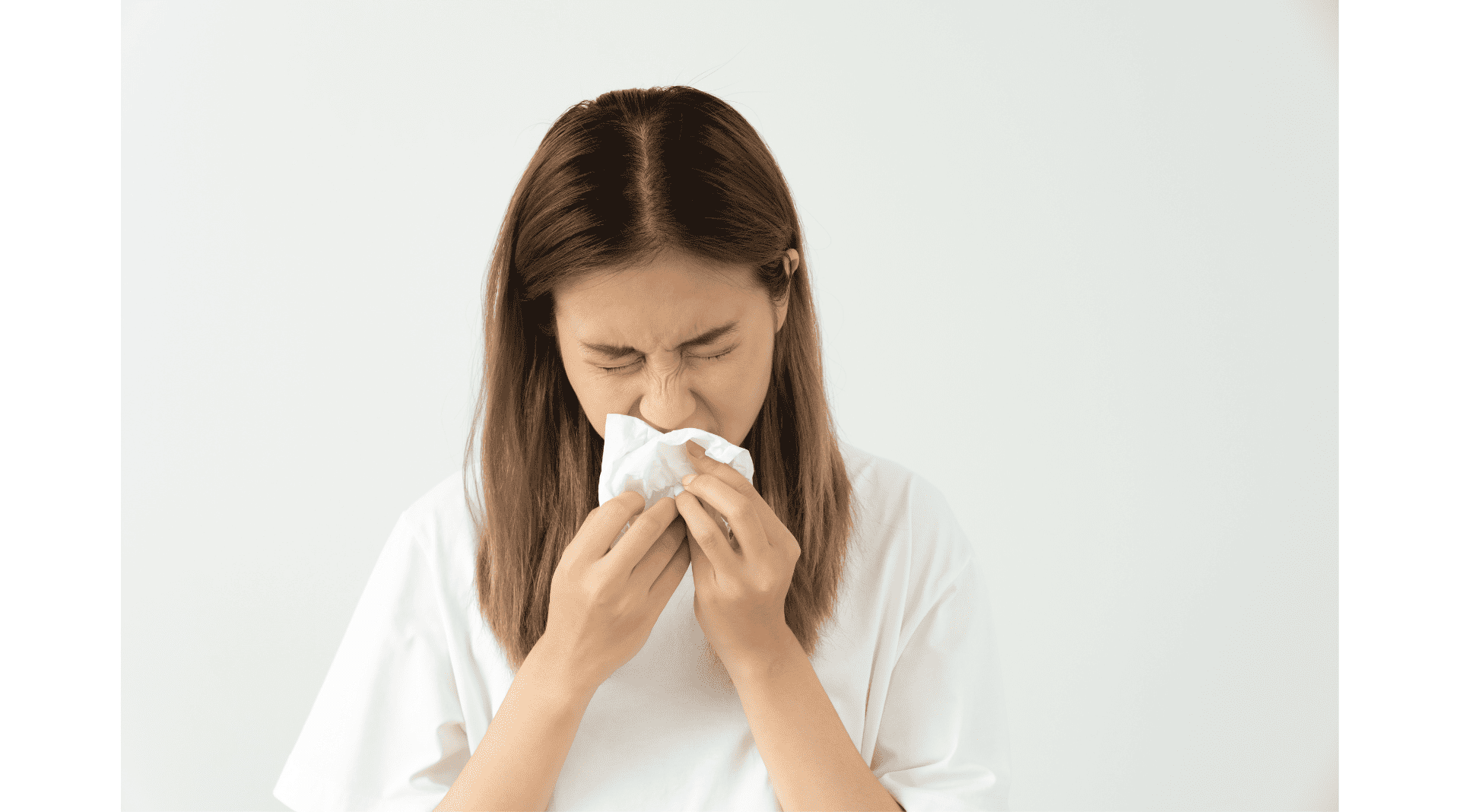
Allergies, while commonly associated with nasal congestion and sneezing, can also have a significant impact on the ears. Understanding the connection between allergies and ear problems is crucial for individuals seeking relief and effective management. In this comprehensive guide, we’ll look at the various ways allergies can affect the ears, common symptoms, preventive measures, and available treatment options.
How Allergies Impact Ear Health
Allergies, triggered by the immune system’s response to certain substances, can lead to inflammation and congestion in various parts of the body, including the ears. All parts of the ear, including the middle ear, inner ear, and Eustachian tubes, are susceptible to inflammation or allergic reactions.
Common Ear Problems Linked to Allergies
Some of the common ear problems that can be caused by allergies include:
- Eustachian Tube Dysfunction: Allergies can cause the Eustachian tubes, responsible for equalizing pressure in the ears, to become blocked or swollen. This may lead to symptoms like ear fullness, pain, or difficulty hearing.
- Otitis Media (Middle Ear Infection): Allergies can contribute to the development of middle ear infections, especially in children. The accumulation of fluid in the middle ear can lead to pain, hearing loss, and potential complications.
- Tinnitus (Ringing in the Ears): Allergic reactions may exacerbate or contribute to tinnitus, a condition characterized by the perception of ringing, buzzing, or other sounds in the ears.
- Ear Itching and Irritation: External ear symptoms, such as itching and irritation, can result from allergic reactions in the outer ear or ear canal.
Identifying Allergy-Related Ear Symptoms
Here’s how you can recognize the signs of allergy-related ear concerns:
- Ear Fullness or Pressure: A feeling of fullness or pressure in the ears may indicate Eustachian tube dysfunction, often exacerbated by allergies.
- Itchy Ears: Persistent itching in the ears may be a symptom of an allergic reaction, especially if accompanied by redness or inflammation.
- Drainage from the Ears: Allergies can contribute to increased earwax production or the presence of fluid draining from the ears.
- Changes in Hearing: Fluctuations in hearing or temporary hearing loss may occur during allergy flare-ups due to Eustachian tube issues.
- Ear Pain: Ear pain, especially in the form of aching or sharp discomfort, may be linked to middle ear infections triggered or worsened by allergies.
Preventive Measures for Allergy-Related Ear Issues
There are ways you can prevent allergies and protect your ears:
- Identify and Avoid Triggers: Determine specific allergens causing reactions and take steps to minimize exposure. Common allergens include pollen, dust mites, pet dander, and certain foods.
- Maintain Clean Indoor Spaces: Regularly clean and dust indoor spaces to reduce the presence of allergens. Consider using air purifiers with HEPA filters to improve air quality.
- Manage Seasonal Allergies: During peak allergy seasons, stay informed about pollen forecasts and take preventive measures, such as keeping windows closed and using air conditioning.
- Practice Good Ear Hygiene: Gently clean the ears to prevent excessive earwax buildup, which can be exacerbated by allergic reactions.
Treatment Options for Allergy-Related Ear Problems
If you’re seeking relief from ear problems caused by allergies, you can try:
- Antihistamines: Over-the-counter or prescription antihistamines can help manage allergy symptoms and alleviate ear-related discomfort.
- Nasal Corticosteroids: These medications can reduce inflammation in the nasal passages and Eustachian tubes, promoting better ear health.
- Decongestants: Short-term use of decongestants may provide relief by reducing nasal congestion and opening the Eustachian tubes.
- Allergy Shots (Immunotherapy): For individuals with persistent or severe allergies, immunotherapy may be recommended to desensitize the immune system over time.
- Ear Drops: Non-prescription ear drops can help soothe irritation and alleviate itching in the ears.
When to Seek Professional Help
You should consult an hearing health specialist or an ENT if you notice:
- Persistent Symptoms: If ear symptoms persist or worsen, seek professional help.
- Hearing Loss: Sudden or gradual hearing loss should prompt a visit to an ear specialist for evaluation and appropriate intervention.
- Recurrent Infections: Individuals experiencing recurrent middle ear infections associated with allergies may benefit from a thorough assessment.
- Severe Discomfort: Intense pain, severe ear fullness, or drainage from the ears necessitates prompt medical attention.
Nurturing Ear Health Amidst Allergies
Navigating allergies and their impact on ear health requires a proactive and holistic approach. By identifying triggers, implementing preventive measures, and seeking professional help when needed, you can improve your overall health and well-being.
If you need support for any ear-related concerns, visit us today.
